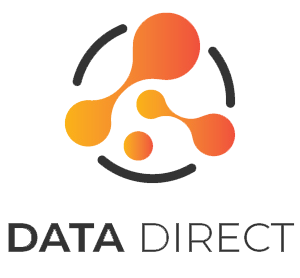4. Due Diligence on Corporate Social Responsibility (CSR) Programs
We recognise that social or charitable works done to build goodwill with a government or community may also be perceived as an attempt to enhance the personal interests of a Foreign Public Official and may be considered a form of Bribery. We therefore conduct, reasonable and proportionate Anti-Bribery due diligence on any CSR programs the company engages in, prior to entering into a relationship with a beneficiary of a CSR program.
The types of CSR programs permitted by the company are dependent upon individual review and approval by the CEO and where required Legal Counsel. CSR programs may have a limitation placed on their value to demonstrate our accountability for such programs, as well as to assist with reporting processes.
We take the same care and cautious approach when considering local gift-giving practices and contributing to CSR programs.
The due diligence is conducted via a comprehensive assessment of a beneficiary and involves a process of research of independent and publicly available sources of information, together with a series of meetings and interviews.
As a prerequisite, the beneficiary, its relatives, and associates must not be Foreign Public Officials. Once this is confirmed and verified, the staff member(s) undertaking the assessment must consider:
The context in which the program/sponsorship/donation was solicited or offered;
Whether the beneficiary is approved as a charity under its local laws;
The beneficiary’s history/ origin and whether it is/was subject to a criminal investigation;
The Members of the Board, their qualifications and possible conflicts; and
The level of transparency and clarification around the use of its budget;
We understand it is not sufficient to merely conduct a background check or to rely on the due diligence undertaken by anyone else. Therefore, we take full and complete responsibility for ensuring CSR due diligence is conducted with rigour and caution and monitor the beneficiaries’ behaviour during the life of the CSR program to ensure the program is not used as a subterfuge for Bribery. Additional ongoing measures and controls include monitoring and requesting:
Who, and how many people, the program benefits;
the amount and timing of any political donations, while ensuring that any political donations
comply with local laws on public disclosure;
signed declarations by the recipient beneficiary confirming that it is not violating anti-
corruption laws and will only use the money for the specified purpose;
To ensure that all payments are transparent, we may:
Require two management signatures on claims and payments;
set a cash limit and not pay cash over that limit;
pay all expenses directly to providers or reimburse them after verifiable invoices and other documentation; and
request the recipient beneficiary to keep records and provide periodic written reports on the use of the proceeds.

